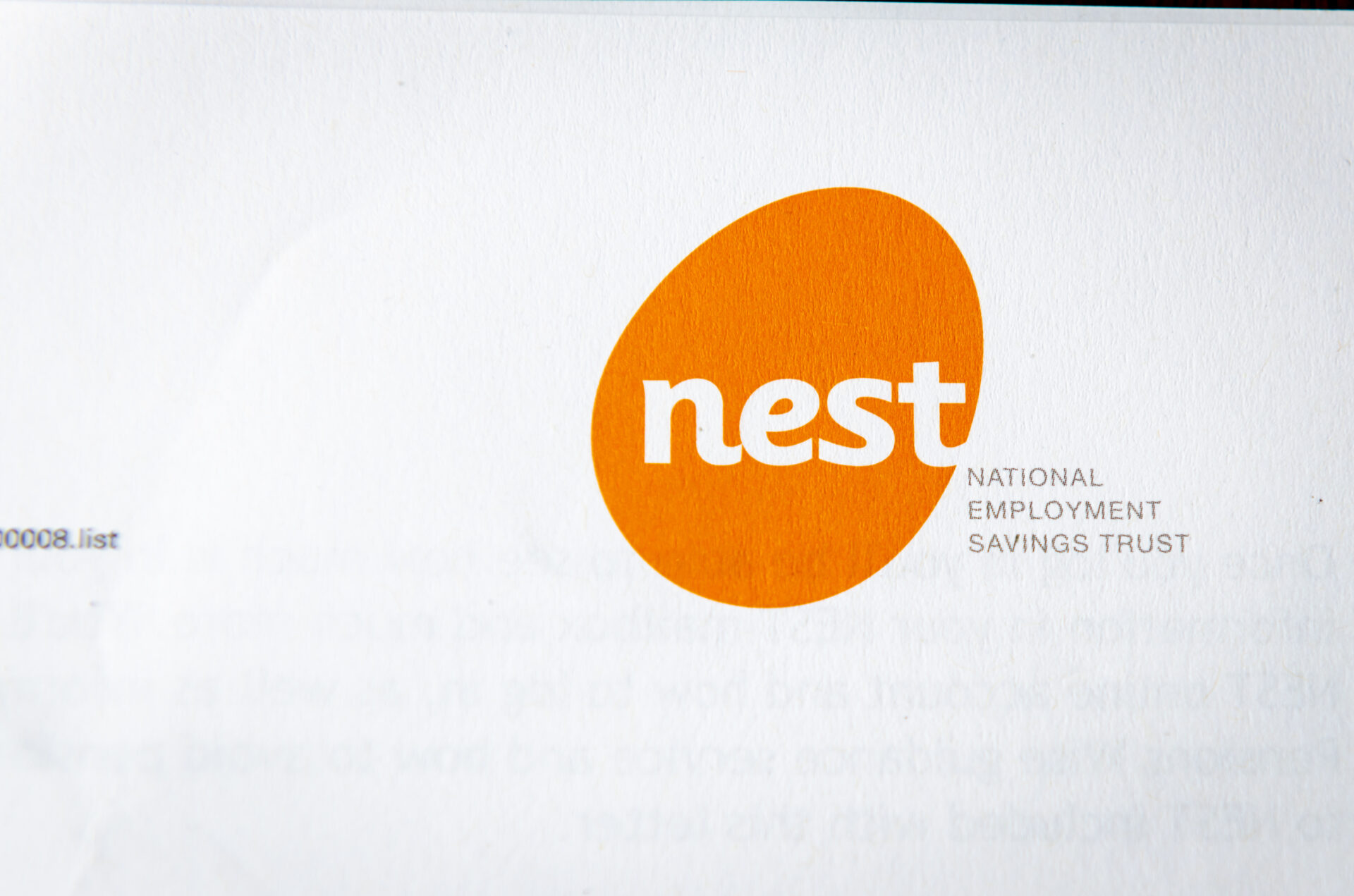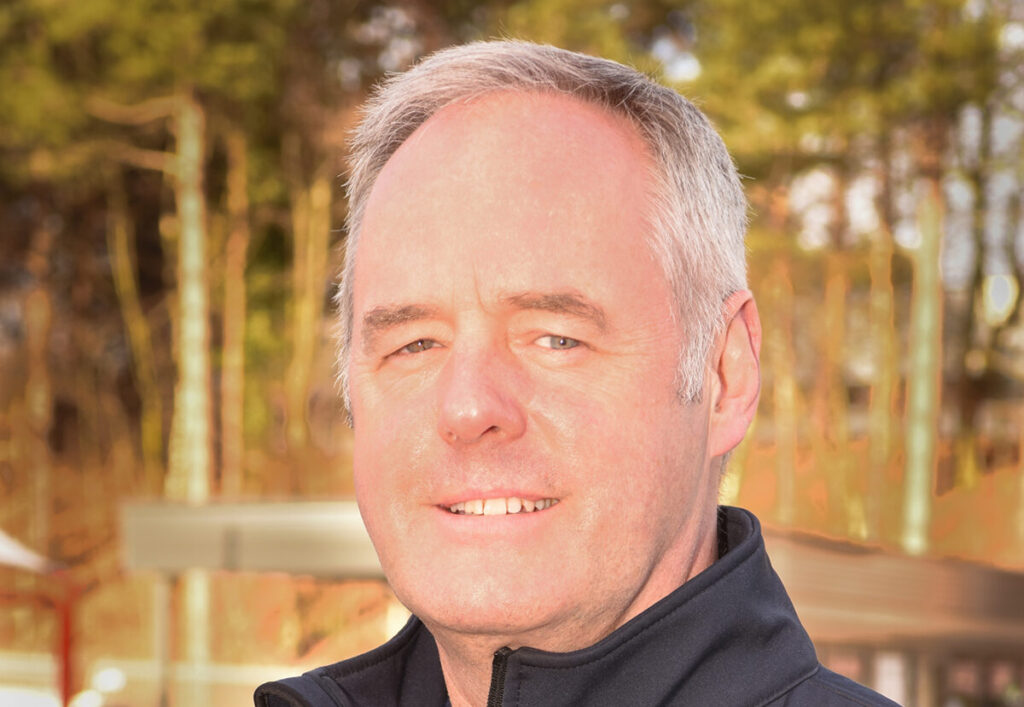Retirement confidence has dropped among Brits in their 50s, according to research from Aegon.
Only 33% of people aged 50 to 59 said they felt confident about retiring comfortably, the lowest of any age group.
This was in contrast to 49% of 18 to 49-year-olds and 46% of those over 60 who said the same.
Additionally, the research found that people aged 18 to 49 spent nearly £297 a year on anti-ageing products.
This compared to £100.80 for those in their 50s and £71.00 for those aged 60 and over.
Aegon said the findings showed a complex relationship with ageing, linked to both appearance and financial worries.
Speaking on the Money:Mindshift podcast, author and professor Dr Anne Karpf argued that ageing is shaped as much by culture as by personal experience.
She said that in societies where ageing is seen as decline, people spend significant emotional and financial energy trying to stay young, often neglecting to prepare properly for later life.
Dr. Tom Mathar, head of Money:Mindshift, said: “It’s a peculiar irony that, as a species, we’re living longer and healthier lives than any generation before us.
“Yet rather than seeing that as a gift, it often fills us with dread and anxiety.
“Our research suggests that financial concerns about ageing peak in our 50s, even as younger adults spend the most in anti-ageing products.”
Mathar added: “As Dr. Anne Karpf explains, the real problem isn’t ageing itself, it’s the fear and cultural stigma we’ve built around it.
“What’s striking is that while many in their 50s are investing in anti-ageing, they’re also the least likely to feel secure about their financial future.
“These behaviours may be less about denial and more about coping with uncertainty.”
On the podcast, Karpf explained how age anxiety appears in daily life, from dreading milestone birthdays to the popularity of cosmetic tweaks in people’s twenties.
She said: “Even compliments like ‘you don’t look your age’ suggest ageing is something to hide.”
Karpf outlined two main cultural narratives: ageing as decline, or denial.
She proposed a “third way,” a more balanced view that accepts both gains and losses.
She said: “Ageing is a privilege. It can also bring freedoms – freedom from the pressures of youth and the freedom to no longer care what other people think.”
The research linked to Aegon’s Second 50 campaign, which supports people in their 50s as they prepare for later life.
Mathar said: “For many, midlife is a turning point. It’s when people begin to feel the weight of time, question their relevance, and wonder what their future really holds.
“But a mindshift, or a money-mindshift, occurs when we see this not as a moment of uncertainty, but of possibility.
“If we can loosen the grip of fear and let go of the fantasy of eternal youth, we free up space – mentally and financially, to prepare for a future that’s grounded in who we are, not how old we are.”

















